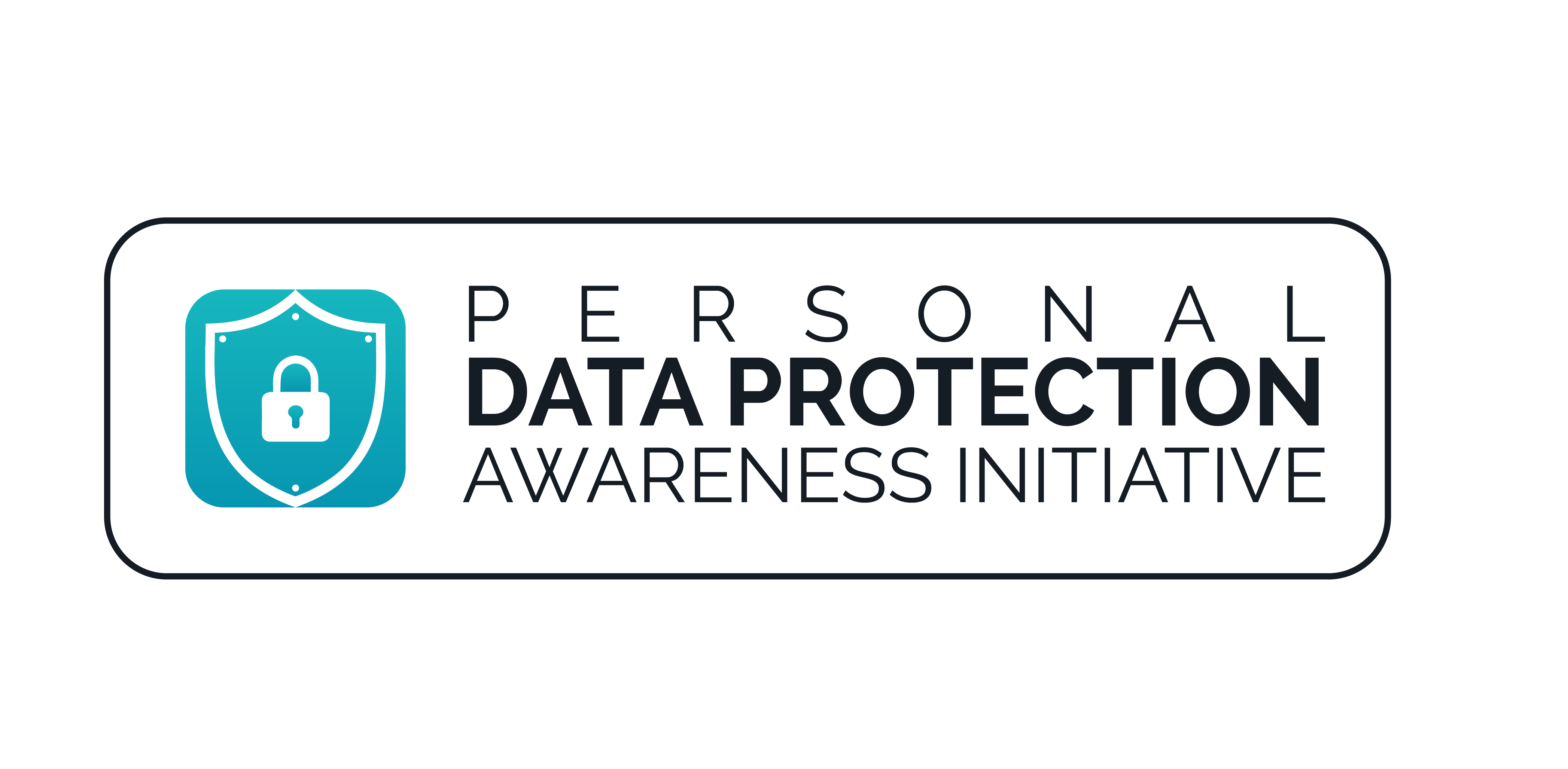
Cookies Consent: Compliance for Website Owners
Introduction
In the ubiquitous online interactions, websites have become heavily reliant on cookies to gather user data for various purposes, ranging from personalizing user experiences to targeted advertising. However, with growing public awareness of data privacy concerns, securing informed and unambiguous user consent for cookie placement has become an essential aspect of website operation. This article delves into the legal and practical aspects of cookie consent, offering valuable insights for website owners seeking to achieve compliance with Data Privacy laws and regulations.
The Data Protection Analyst’s Perspective: Demystifying the Legal Landscape
From a legal standpoint, cookie consent regulations vary depending on your geographical location. However, prominent frameworks like the Nigeria Data Protection Act in Nigeria, the General Data Protection Regulation (GDPR) in the European Union, and the California Consumer Privacy Act (CCPA) in the United States establish specific requirements for obtaining informed and unambiguous consent from users before placing cookies on their devices.
Understanding these legal nuances is crucial for website owners, as non-compliance can lead to significant consequences, including hefty fines and reputational damage.
Here’s a breakdown of key legal considerations:
- Consent: Consent must be freely given, specific, informed, and unambiguous. This means pre-checked boxes or opt-out mechanisms are not considered valid forms of consent. Users must actively choose to consent, and their choices should be specific to the types of cookies they are willing to accept. Section 26 Nigeria Data Protection Act 2023 & Art. 7 GDPR.
- Transparency: Website owners have a legal obligation to be transparent about the types of cookies they use, their purposes, and the duration for which user data is stored. This transparency allows users to make informed decisions about their privacy preferences.
- Granular Control: Users should have the ability to exercise granular control over their cookie preferences. This means providing options to choose which cookie categories they consent to, allowing them to manage their privacy settings effectively.
- Recordkeeping: Maintaining records of user consent is essential for demonstrating compliance in case of audits or inquiries from regulatory authorities. These records should document the date and time of consent, the specific cookies consented to, and any withdrawal of consent by users.
It is important to note that this is not an exhaustive list, and the specific legal requirements may vary depending on your location and the types of cookies used on your website. Consulting with qualified legal counsel familiar with data privacy regulations in your jurisdiction is highly recommended to ensure your website practices are compliant.
The Data Protection Compliance Analyst’s Perspective: Implementing Effective Solutions
Beyond legal compliance, obtaining genuine user consent fosters trust and transparency, ultimately benefiting your website’s reputation and user experience. Data protection compliance analysts can play a vital role in helping website owners achieve this by:
- Cookie Audit: Conducting a comprehensive audit of the types of cookies used on your website, assessing their purposes, and determining the level of user consent required based on their classification (e.g., essential, functional, analytics, advertising).
- Consent Management Platform (CMP) Implementation: Implementing a user-friendly CMP that clearly explains cookie usage on your website, provides granular control options for users to manage their consent preferences, and obtains valid consent in accordance with relevant regulations. Look for CMPs that offer features like easy customization, multiple language support, and integration with analytics platforms for seamless data collection.
- Privacy Policy Update: Ensuring your website’s privacy policy is comprehensive and up-to-date, clearly outlining cookie usage, user rights regarding their data, and your data protection practices. This policy should be easily accessible to users and written in clear, concise language.
- Regular Reviews: Conduct periodic reviews of your cookie practices and consent mechanisms to ensure they remain compliant with evolving regulations and user expectations. This proactive approach helps mitigate potential risks and demonstrates your commitment to responsible data handling.
Building a Culture of Compliance: Collaboration is Key
Achieving and maintaining compliance with cookie consent regulations requires a collaborative effort between website owners and data protection compliance analysts. By working together, these stakeholders can develop a comprehensive strategy that addresses legal compliance, fosters user trust, and protects user privacy.
Conclusion
Navigating the complexities of cookie consent necessitates a combined understanding of legal frameworks and practical implementation strategies. By collaborating with legal counsel and data protection compliance professionals, website owners can achieve regulatory compliance, build user trust, and foster a responsible approach to data privacy in today’s digital world.



